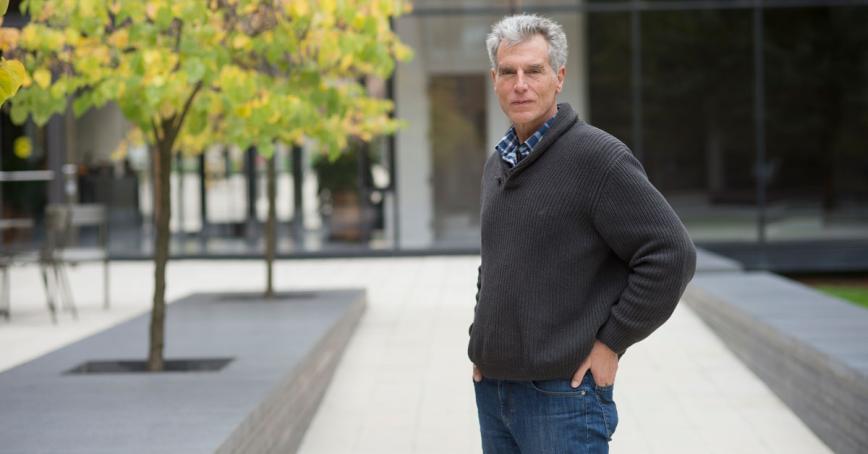Homer-Dixon and Rockström: Collaboration needed to address polycrisis

Complexity researcher and director of the Cascade Institute, Thomas Homer-Dixon, and director of the Potsdam Institute for Climate Impact Research, Johan Rockström, discuss how interconnected global crises require collaboration on a worldwide scale in their recent opinion piece for The New York Times.
Here’s some of what they had to say:
“Today’s mess is better understood as a global polycrisis, a term the historian Adam Tooze at Columbia has recently popularized. The term implies that humanity is dealing with a complex knot of seemingly distinct but actually deeply entangled crises. Precisely because these crises are so entangled, they’re causing worldwide damage much greater than the sum of their individual harms.
“In the last 10 years, things have gone fundamentally awry. Rates of global hunger, numbers of migrants forced to move within countries and across borders, levels of political authoritarianism, violations of human rights and the occurrence of violent demonstrations and ongoing conflict — these measures of harm are all up, and in some cases by a lot.”
Homer-Dixon and Rockström also proposed the first step to tackling global polycrisis: “a worldwide scientific collaboration to identify the causal mechanisms operating among these risks. This collaboration would consist of a global consortium of nationally funded institutes. It would be dedicated, first, to studying mechanisms that are amplifying, accelerating and synchronizing global systemic risks and, second, to determining practical ways humanity might intervene.”
Read the full opinion piece in The New York Times. (Please note the article will ask you to create an account before reading if you are not a subscriber.)